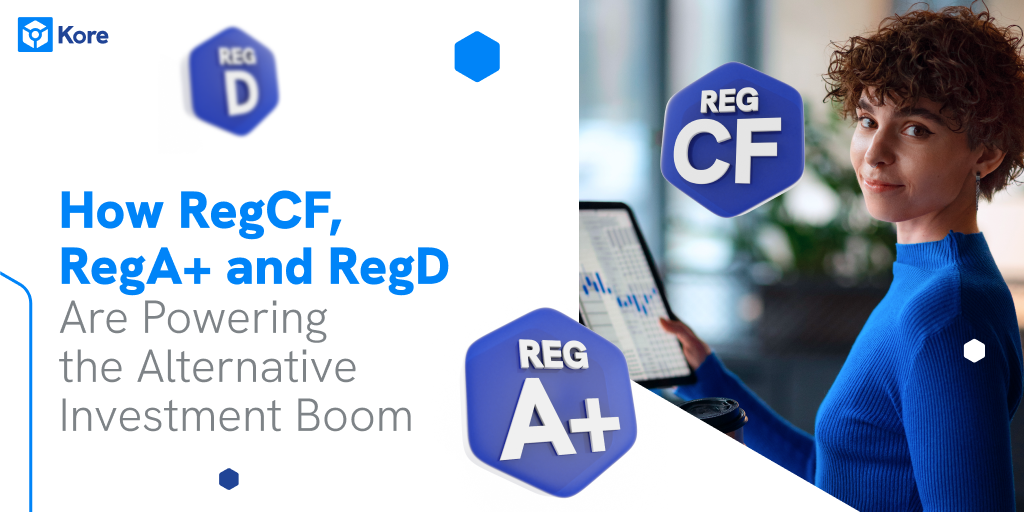RegD SEC Reporting Obligations

RegD SEC reporting obligations is a theme that causes a lot of doubts, even concerns, among people who are thinking about raising capital. The compliance details required by Securities and Exchange Commission (SEC) have a lot of particularities, which demands attention of all potential issuers.
Regulation D (Reg D) offerings are exempt from the full SEC registration requirements but still require compliance with certain reporting obligations. The reporting requirements under Regulation D vary depending on the specific exemption used for the offering.
RegD SEC Reporting Obligations
In this short guide, we will explain practical details regarding SEC reporting for RegD.
Here’s an overview:
Rule 504 Offering (Regulation D, Rule 504):
Companies conducting offerings under Rule 504 are generally exempt from SEC registration requirements. However, there are no specific ongoing reporting requirements mandated by the SEC for Rule 504 offerings.
Rule 505 Offering (Regulation D, Rule 505):
Companies utilizing Rule 505 for their Reg D offerings are allowed to raise up to $5 million within a 12-month period.
While Rule 505 itself doesn’t impose ongoing reporting obligations to the SEC, individual states might have their reporting requirements for Rule 505 offerings.
Rule 506(b) Offering (Regulation D, Rule 506(b)):
Under Rule 506(b), companies can raise an unlimited amount of capital from an unlimited number of accredited investors and up to 35 non-accredited but sophisticated investors.
There are no specific ongoing reporting requirements to the SEC for Rule 506(b) offerings. However, if non-accredited investors are involved, some level of disclosure may be required to satisfy anti-fraud provisions.
Rule 506(c) Offering (Regulation D, Rule 506(c)):
Rule 506(c) allows companies to conduct offerings where they can generally solicit and advertise their offerings to the public but are limited to accepting investments only from accredited investors.
There are no specific ongoing reporting requirements to the SEC for Rule 506(c) offerings.
However, companies might need to file a Form D notice with the SEC within 15 days of the first sale of securities.
Take note!
While Regulation D exemptions typically do not impose explicit ongoing reporting requirements to the SEC, companies that conduct Reg D offerings are subject to anti-fraud provisions and should provide investors with all material information necessary to make an informed investment decision.
Additionally, states may have their reporting requirements for offerings made under Regulation D, so companies should consider state-specific regulations when conducting these offerings.
It’s important for companies utilizing Regulation D exemptions to consult legal and financial professionals to understand the specific reporting obligations, if any, and to ensure compliance with all relevant securities laws and regulations.





